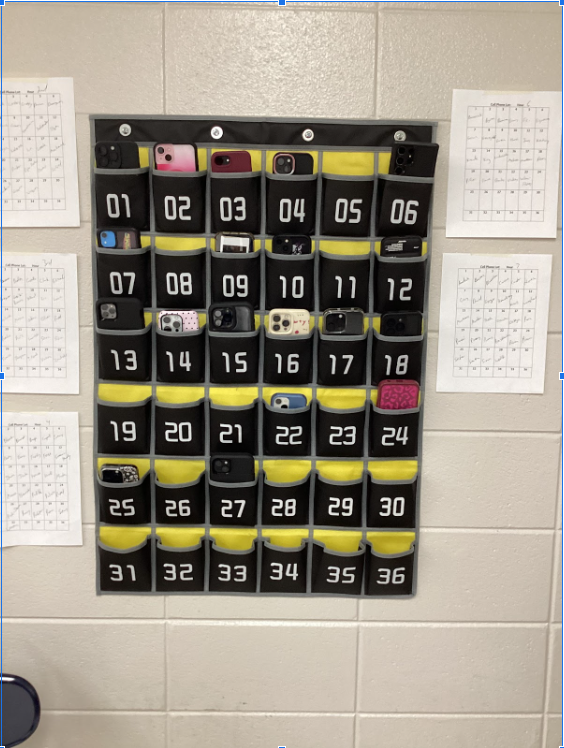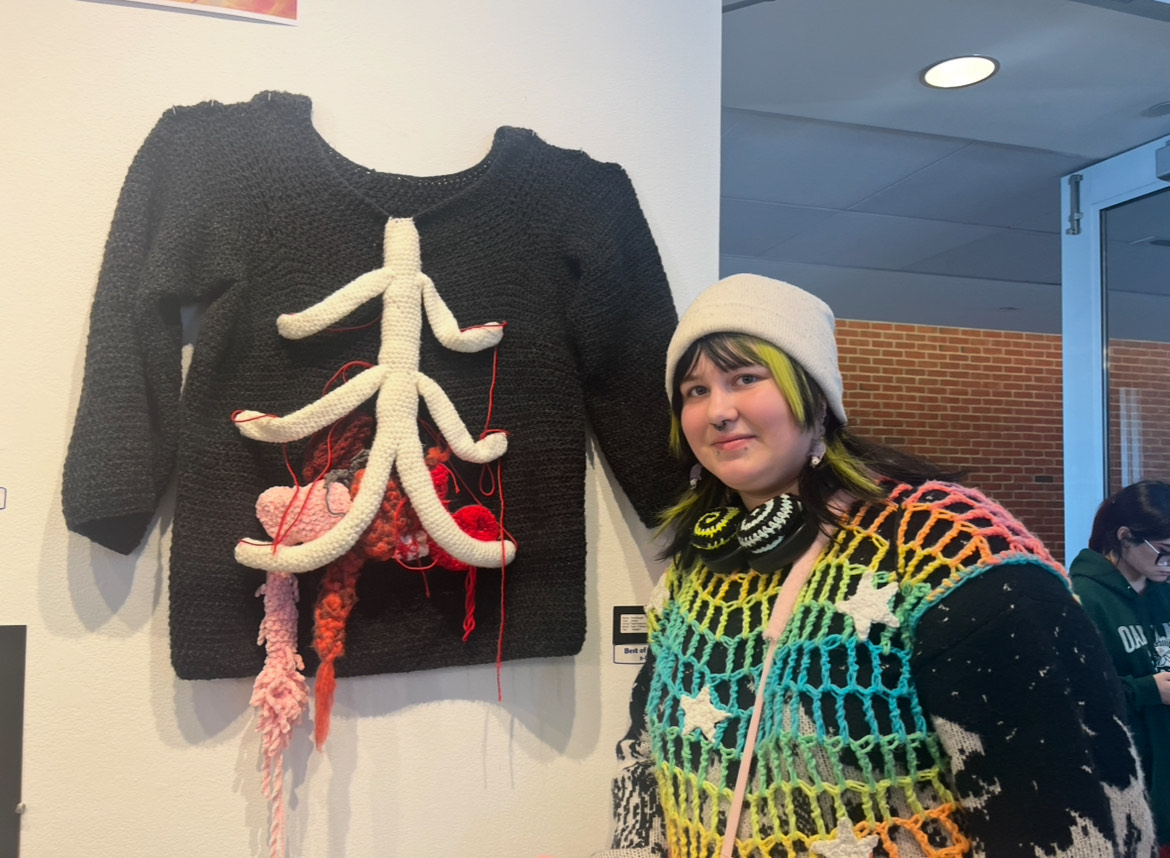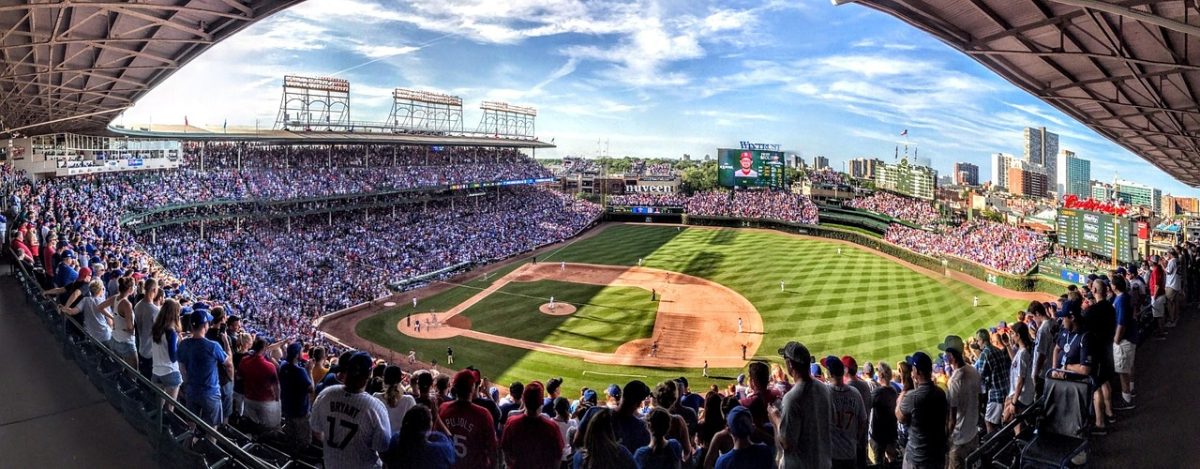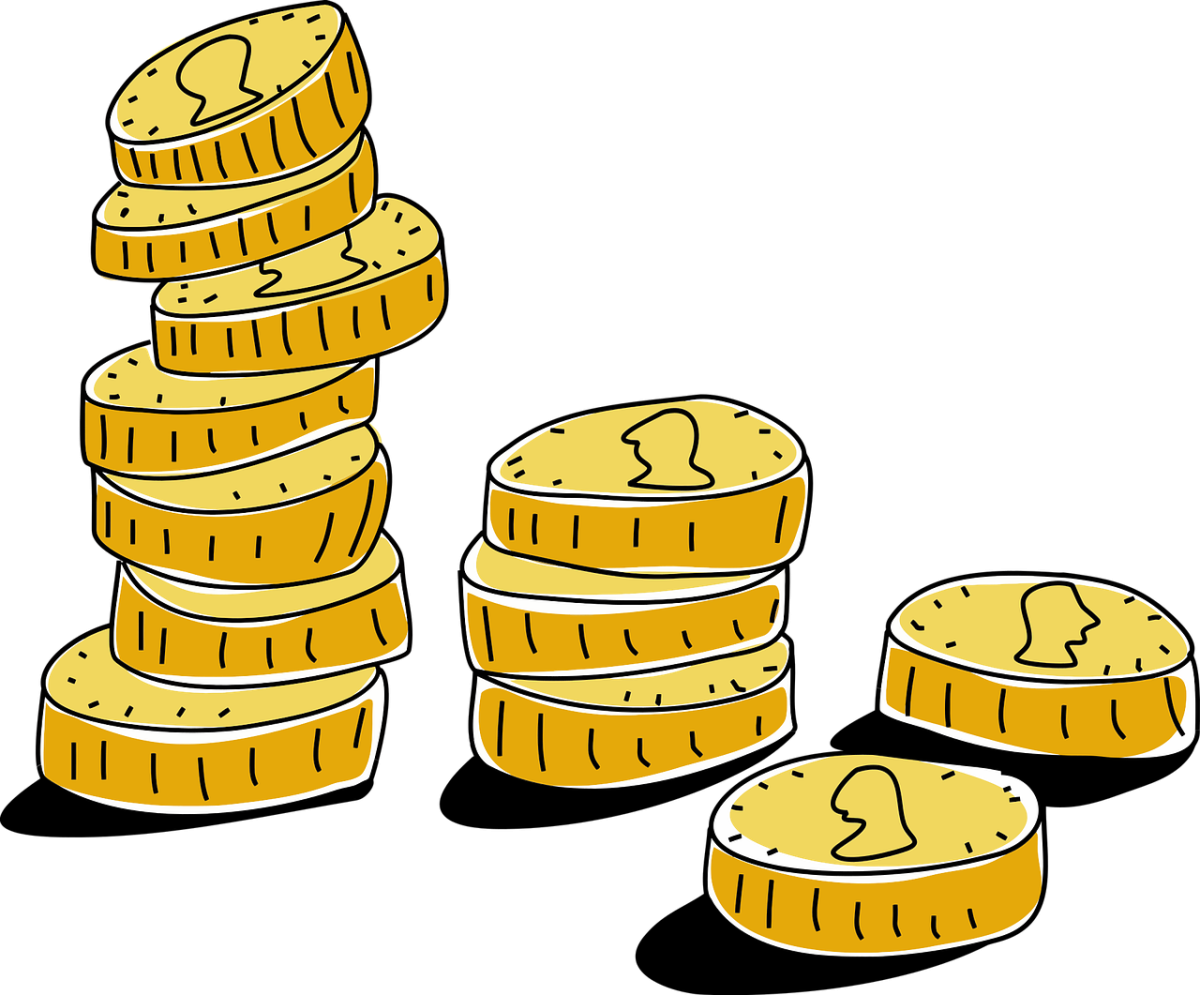In today’s fast-paced world, many people often find themselves stressed, anxious, and overwhelmed in the face of life’s daily demands. While the pursuit of success and happiness is important, it is equally crucial to find time to rest, recharge, and relax. Ultimately, relaxing should be seen as something necessary for one’s overall well-being, mental health, and a key part of positive daily living. Let’s explore why people need to relax and consider the benefits of relaxation.
Firstly, relaxation is essential in managing stress. Whether caused by work or personal issues, stress can take a physical and emotional toll on the body, leading to anxiety, depression, and other health issues. Relaxation techniques such as meditation, yoga, or mindfulness practices can help to reduce stress, lower blood pressure, and even regulate the nervous system’s response to stress, reducing the risk of burnout.
Additionally, relaxation is essential for proper sleep. Getting enough sleep is crucial for maintaining good mental and physical health. The National Sleep Foundation recommends seven to nine hours of sleep per night for adults, but many people struggle to fall asleep or stay asleep. Relaxation techniques such as calming music, a warm bath, or deep breathing techniques can promote relaxation and improve sleep quality, aiding the natural process of mental and physical rejuvenation.
Relaxation has also been linked to improved overall physical health. Chronic stress can lead to physical health problems such as heart disease and high blood pressure, while relaxation techniques such as massage or acupuncture have been linked to reduced inflammation, improved circulation, and better immune system response. Relaxation not only feels good, but it can also play an important role in keeping the body healthy.
A commitment to relaxation promotes better mental health, including positive thinking, emotional stability, and self-esteem. Stress, anxiety, and depression are often linked to negative thinking patterns that everyday stressors can exacerbate. Relaxation techniques such as journaling, mindfulness, and meditation can help individuals to become more self-aware and better able to manage negative thinking patterns, leading to improved mental health and well-being.
Ultimately, relaxation allows individuals to tap into their creativity and enhance productivity. When the mind is rested and relaxed, it can become more receptive and open to new ideas, ventures, and approaches. Taking time to relax, unwind, travel, or engage in new activities can aid creativity or inspiration, which leads to a more fulfilling life, enhanced productivity, and a sense of purpose. Relaxation is essential for maintaining good mental and physical health.












